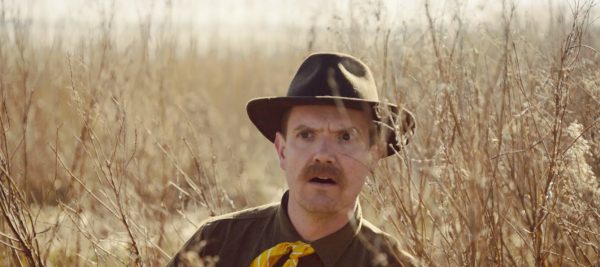THE CHALLENGE
To protect the Netherlands against the ever-present threat of water, regional water boards were established in the 13th century. These semi-governmental institutions are run by politicians, who are elected every four years. Every Dutch adult can vote in these elections, but not everyone in the Netherlands bothers, with few people understanding the vital role the water boards
play in their region.
The general public simply didn’t appreciate the work carried out by the water boards, or its politicians. This lack of understanding was not helped by the fact that the only regular communication the water boards had with
potential voters was a demand for money! Once a year, every citizen receives a bill to pay for regional projects. The size of the bill, combined with the official tone of voice, meant that the important work being carried out by the
water boards was rarely understood or appreciated.
This negative connotation with the water board caused particular problems when trying to persuade the public to vote at the water board elections. This was the challenge that Omnicom PR Group Nederland faced at the beginning of 2019.
The stakes were high. To guarantee the water boards’ right to exist, our client wanted to see a public turnout at the elections of at least 40%. They also wanted to see the percentage of blank (protest) votes.
OUR STRATEGY
We wanted to increase trust by demonstrating that the water board is not a distant organization, but plays a vital role at the heart of everyday Dutch life.
To do this, we decided to focus on the important bond that ties the water board to the general public – water. t was as simple as that: water was the key. In a country full of water, everyone has a ditch around the corner, or a small lake, stream, polder, canal or river close by. We love water. We have water running through our veins. The Netherlands = Waterland.
The heart of our approach was to focus on the similarity between the water board and the public, instead of the differences. And from there, to identify conversation starters for positive communication.
OUR APPROACH
Our shared love of water makes the Dutch real “Waterlanders”. We divided these “Waterlanders” into subgroups, and named them in a fun way that reflected their passion for water. “Shore sojourners” is the group that likes to go birdwatching along the banks of a lake with binoculars. We called those who like to fish among the reeds “Reed relishers”. Then there were the “Open-air bathers”, “Puddle trampers”, “Tadpole collectors” and numerous other examples.
These names enabled us to approach our target groups in a light-hearted and accessible way. We emphasized that voting could be fun, because we all
have so much fun with water. We also showed that voting was not an obligation – changing negative perceptions to demonstrate that people
should want to have their say, rather than voting because they had to.
